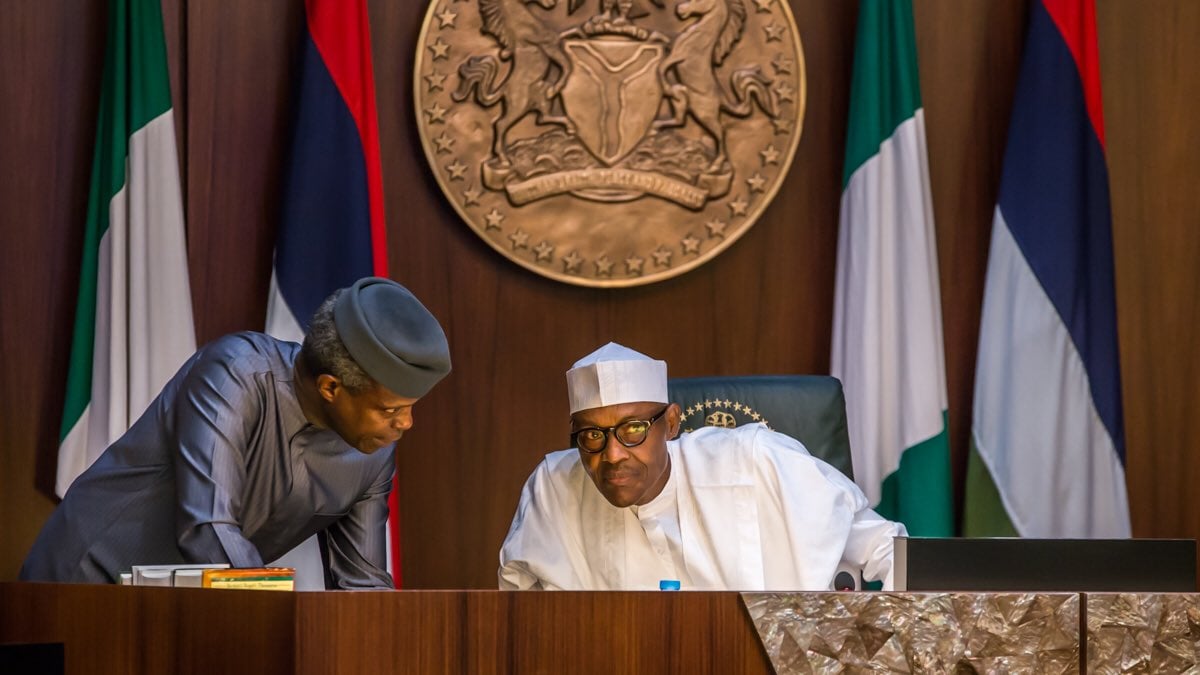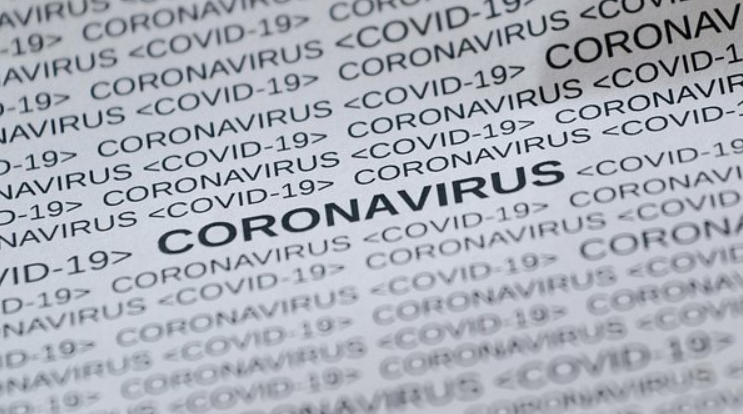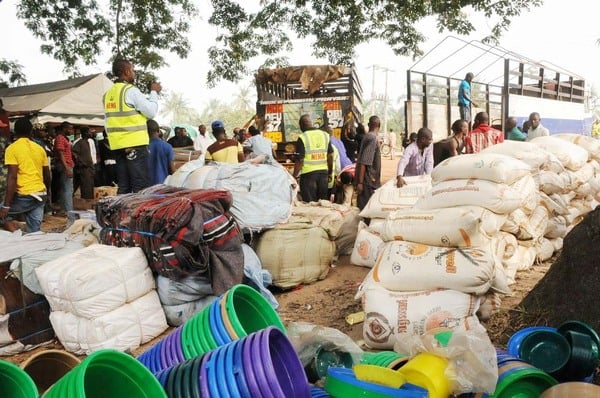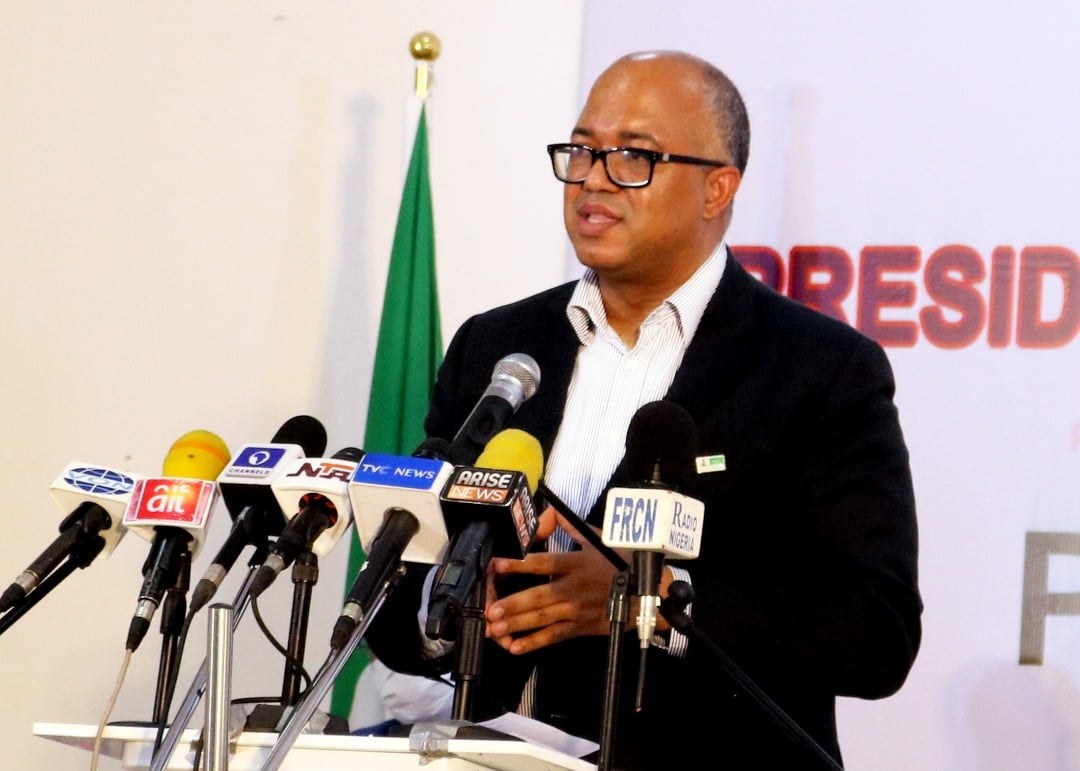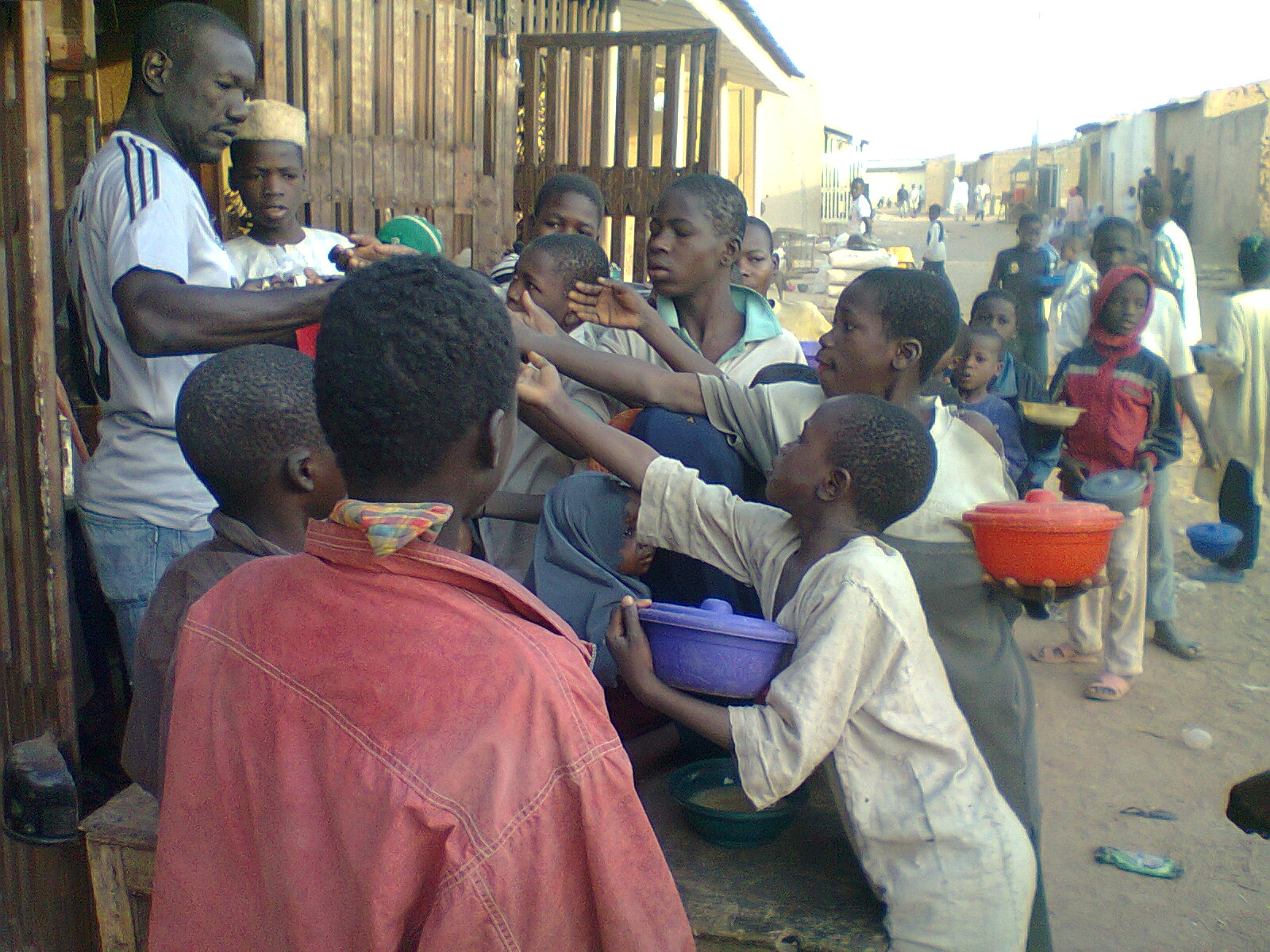What is poverty?
Pause. Think really well about the question. Take a hard long look at Nigeria and repeat the question to yourself; what is poverty? Do you know poverty? Have you seen poverty? Does poverty mean the absence of food or the basic needs of life?
Are you done thinking? Is there an answer? Did you say poverty is the inability to spend below $1.90 — N740 — a day? Or the inability to eat three meals a day? That’s right. But let us have a look at the numbers from the National Bureau of Statistics (NBS).
On Monday, NBS released its 2019 report on “Poverty and Inequality in Nigeria”. In that report, the NBS said 82.9 million Nigerians are living in poverty. This represents 40.1 percent of the nation.
Advertisement
But let’s break it down. The NBS says “poverty is measured using consumption expenditures rather than income in Nigeria— similar to the approach taken by many other countries globally”. What this means is that the NBS did not define poverty based on income or the globally popular poverty line of $1.90.
This is not to say NBS had a flawed approach. No, they simply had a national approach. Let me explain it to you by comparing it to the global picture:
Nigeria’s poverty line is less than a dollar
The nation’s stats office also did not define the poverty line based on the previous indices of $1.25 a day, which was in use from 2008 to 2015 before the review to $1.90. According to NBS, Nigeria has its own poverty line, which was used in measuring poverty in the latest report.
Advertisement
“National poverty line is calculated by adding food poverty line and cost of non-food basic needs. This results in value of poverty line equal to 137,430 Naira per person per year”.
Therefore, any Nigerian living in a household where the average amount of money spent on food and non-food basic needs is less than N137,430 is “considered poor by national standards”. To put this in context, we’ll need a simple division of N137,430 by 365 days in a year.
This means any individual, who spends less than N376.5 a day on food and other basic needs like shelter, clothing, health, education, electricity, and security (or sleep) is considered poor.
The global poverty line is N740 per day for this same needs, but the national poverty line in Nigeria is N376.5, which by today’s exchange rate of N389/$ is only 97 cents — less than a dollar. The last time the global poverty line was $1 a day was at least 2007 — 13 years ago.
Advertisement
So when you think of the 89.2 million Nigerians living in poverty, think of a man or woman, girl or boy, who spends N376.5 on food, water, house rent, school fees, electricity, clothing, and security per day.
The World thinks there are 102 million poor Nigerians
The World Poverty Clock, an online tool designed to monitor realtime poverty across the globe, estimates — based on data from the NBS, UN, WorldBank, and the International Monetary Fund — that 102.4 million Nigerians are living in extreme poverty. This is 13.2 million people more than what the NBS reported on Monday.
However, this is not a problem, it is only a difference in methodology. NBS data shows that the national poverty line is $0.97, while the World Poverty Clocks uses the global standard of $1.90 as the poverty line. If you use different benchmarks, the result are bound to be different.
So how many poor people are in Nigeria? NBS says 89.2 million. The world thinks 102.4 million. It would be interesting to see if the World Data Lab would adjust its numbers to reflect the latest NBS data.
Advertisement
EDUCATION AS THE SOLUTION TO POVERTY
It is not all gloom or doom, there is an opportunity in the numbers released by the NBS: In 2019, at a UNGA side event, Muhammad Sanusi II, the former emir of Kano, said the easiest way for northern governors to achieve the UN Sustainable Development Goals (SDGs) was by simply educating the girl child.
“If I were to advise governors in the northwest and the northeast, which goal should they focus on? It’s one, and it’s a subset of one; just educate the girlchild,” Sanusi had said. “If you educate the girls and make sure that they finish secondary school and have skills before they get married, they would not have eight children, they would not accept domestic violence, and they are more likely to stop their husbands from having a second wife.
Advertisement
“So you deal with high fertility rates, you deal with out-of-school children because if a woman is educated her children go to school, you deal with malnutrition.”
Monday’s data supports Sanusi’s stance perfectly.
Advertisement
The numbers show that the more educated you are, the less likely you are to live in poverty. The highest rate of poverty was recorded in households where the head of the family did not complete primary school education. The lowest level of poverty was recorded in households where the head of the family concluded secondary education.
The finer details show that where the head of the household is female, the likelihood of poverty is lower. Where the head of the house is female and educated, the likelihood of poverty is even much lower. Clearly, educating a female has great potential to lower poverty levels in Nigeria.
Advertisement
To get Nigeria out of extreme poverty, President Muhammadu Buhari, his team, and the governors have one major job: E-d-u-c-a-t-e t-h-e g-i-r-l c-h-i-l-d!
Follow ‘Mayowa on Twitter @OluwamayowaTJ

